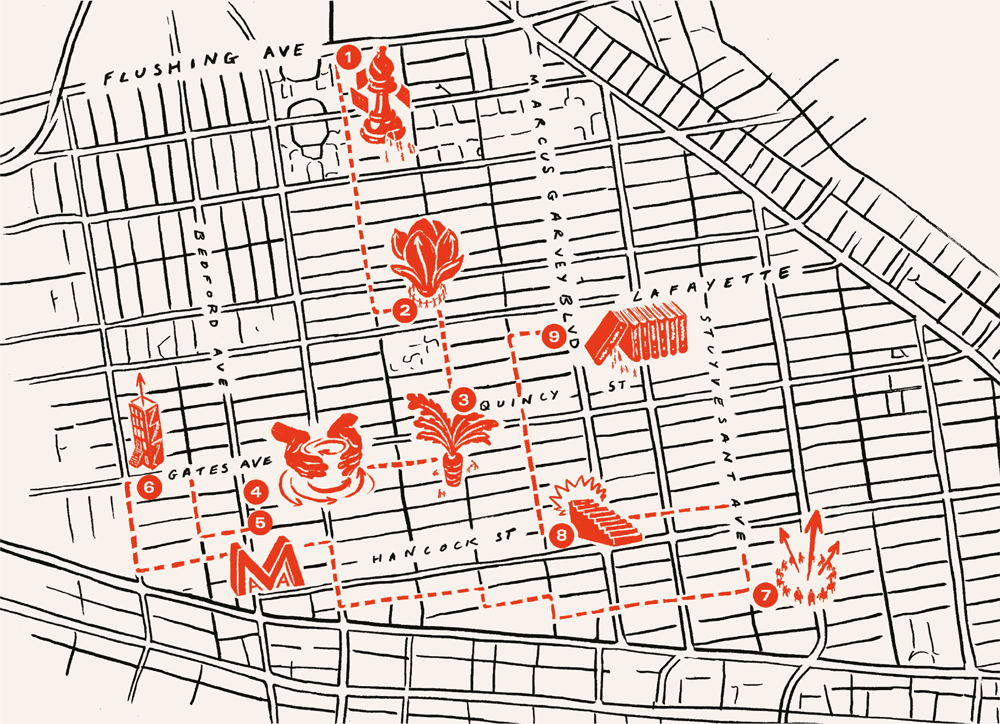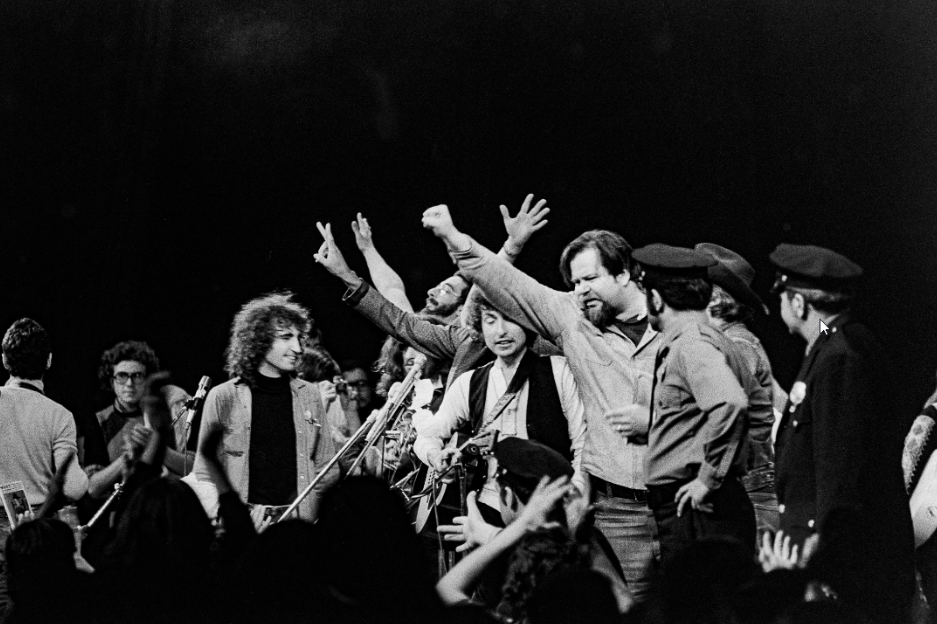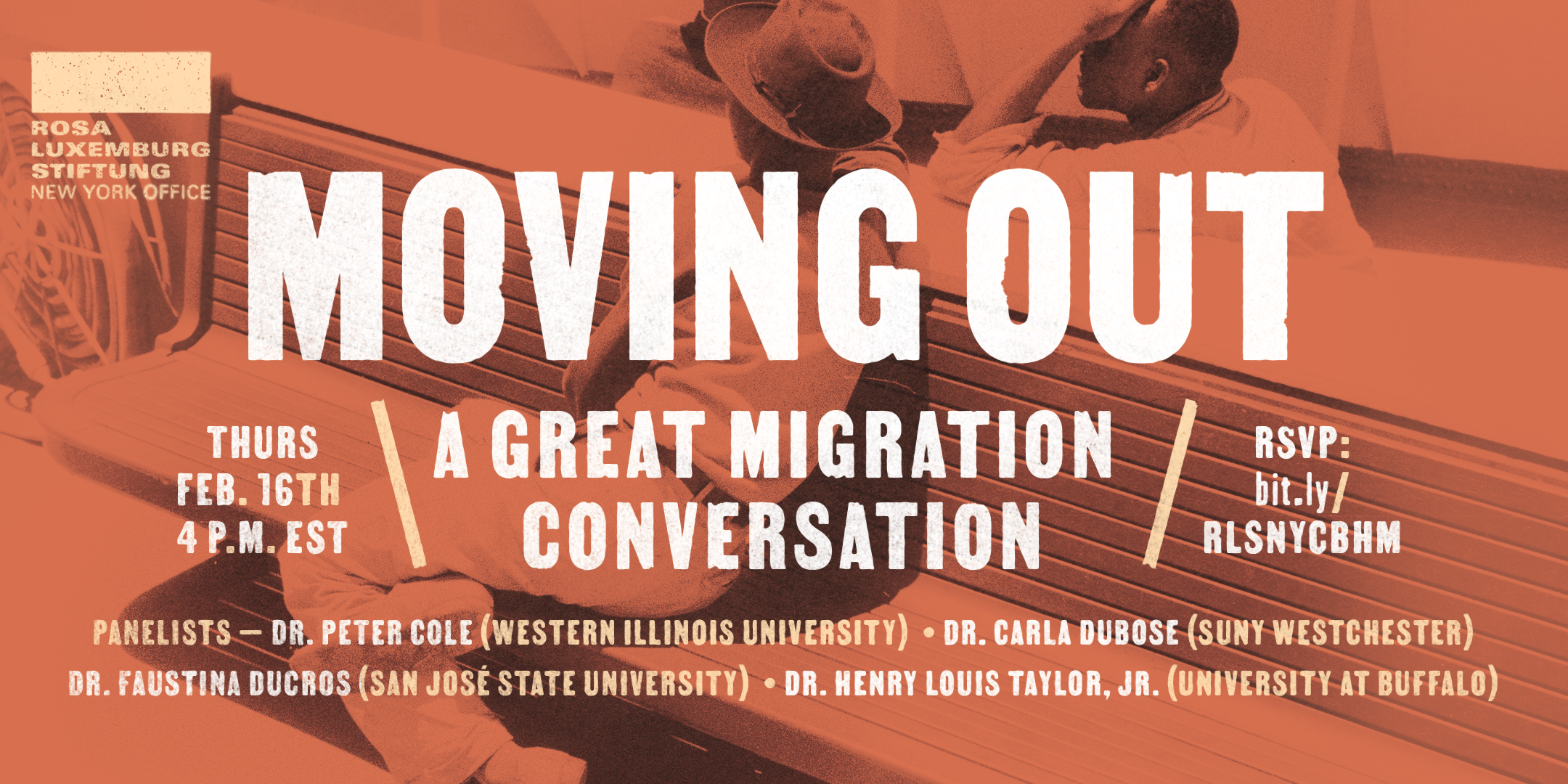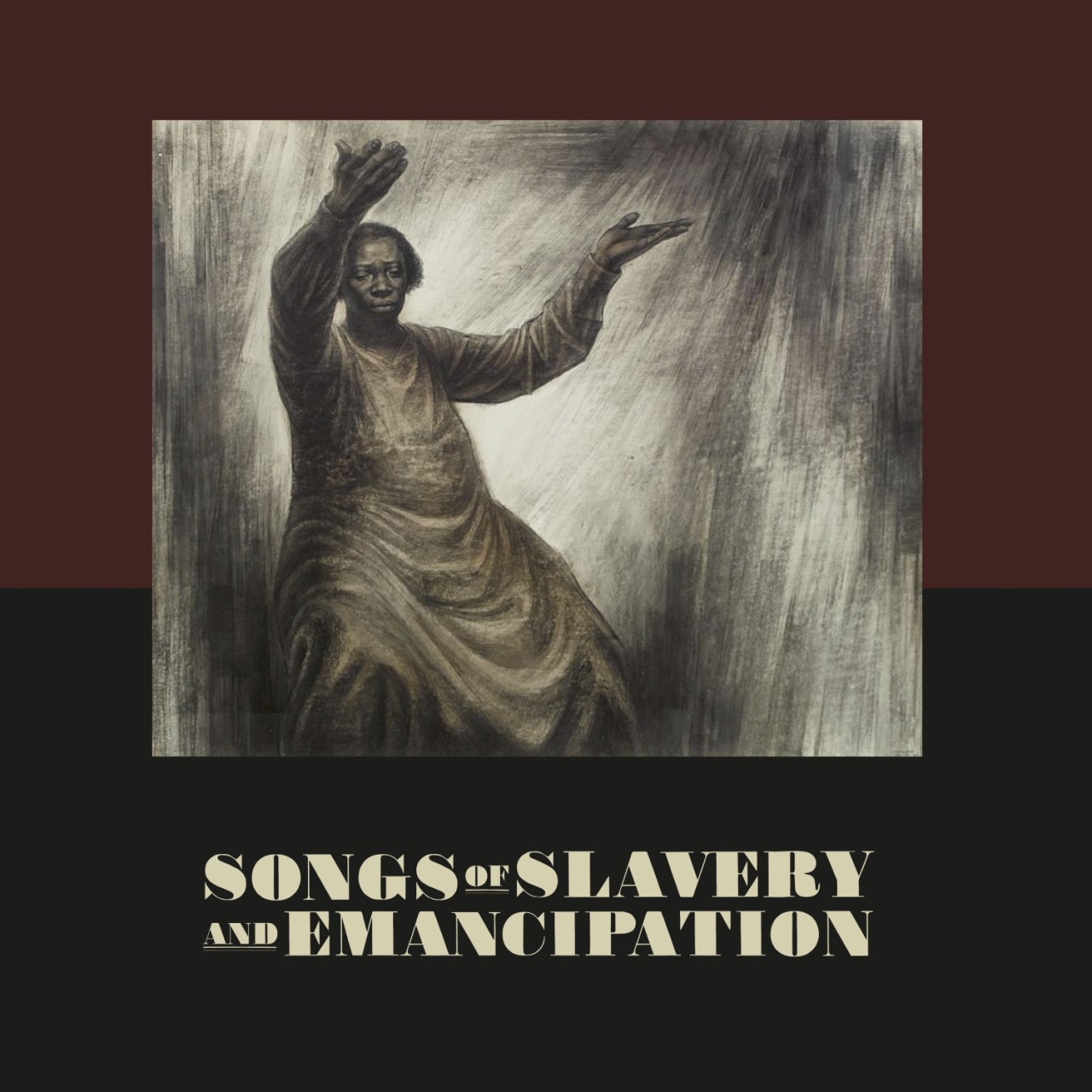The Frankfurt School is famous for its Critical Theory. This year marks its 100st birthday and serves as an occasion to look back on the growth of an important left thinking school and to reflect on the legacies of Adorno, Horkheimer and others who were part of the Frankfurt School.
It is a muggy and hot Friday night in on the streets of Manhattan, on which the air-conditioned rooms of the New York Goethe-Institute on Irving Place seem like a cool, but crowded oasis. Around 150 guests have filled the Institute’s library to capacity, listening to the first of five panels of the Symposium “100 Years Later: The Frankfurt School and the Now.” The event, organized by the Brooklyn Institute for Social Research in cooperation with N+1 Magazine and Rosa Luxemburg Stiftung’s New York Office, took place here from July 14-15. More than 2,000 people watched the symposium online, and 300 attended in person. It’s one of countless days in a row with heat-, flood-, and air-quality warnings in the city, and the climate crisis will become one important contemporary references panelists use as an example of how important a further development of critical theory is for today’s society.
To give the audience a brief introduction into the Frankfurt School, the kickoff-panel of the two-day-symposium is devoted to an overview of how and why critical theory came into being and what it wanted. (Find the recorded panel as podcast here.)
Where Does Critical Theory Come from and What is Its Aim?
The founding history of the famous Frankfurt Institute on Social Research can be summarized as an old joke, as Ajay Singh Chaudhary, Executive Director of Brooklyn Institute says. 100 years ago, Felix Weil, son of an industrial entrepreneur and patron, donated 10 million Reichsmark for founding the Frankfurt School as an institution working on Marxist theory. “He donated the money and said: ‘I want you guys to figure out what the problem of the poor workers is’ – and 10 years later they came back and said, ‘Thanks to your donation and your support, we figured out, the problem is you.’” A very rough synopsis, Chaudhary admits. So to give a serious overview of the institute’s history Seyla Benhabib spoke.
Benhabib, professor for political theory and philosophy at Yale University, is closely linked with the Frankfurt school and its members. She used to study first with Herbert Marcuse in the early 1970s and was later a student of Jürgen Habermas, representatives of the first and second generation of the Frankfurt school. Benhabib summarizes the Critical Theory of the Frankfurt School as “a unique blend of philosophical analysis and social research, which emerged out of reflections on the catastrophe of Europe.” Central questions of the traditional Frankfurt thinkers were: Why did the European working class not resist fascism in World War II? Likewise the bourgeoisie? And how could the barbarism of the Holocaust come to pass? Habermas, as a founder of younger Critical Theory, has often been accused of having brought critical theory too close to liberal democracy theory, while silencing aspects of psychoanalysis.
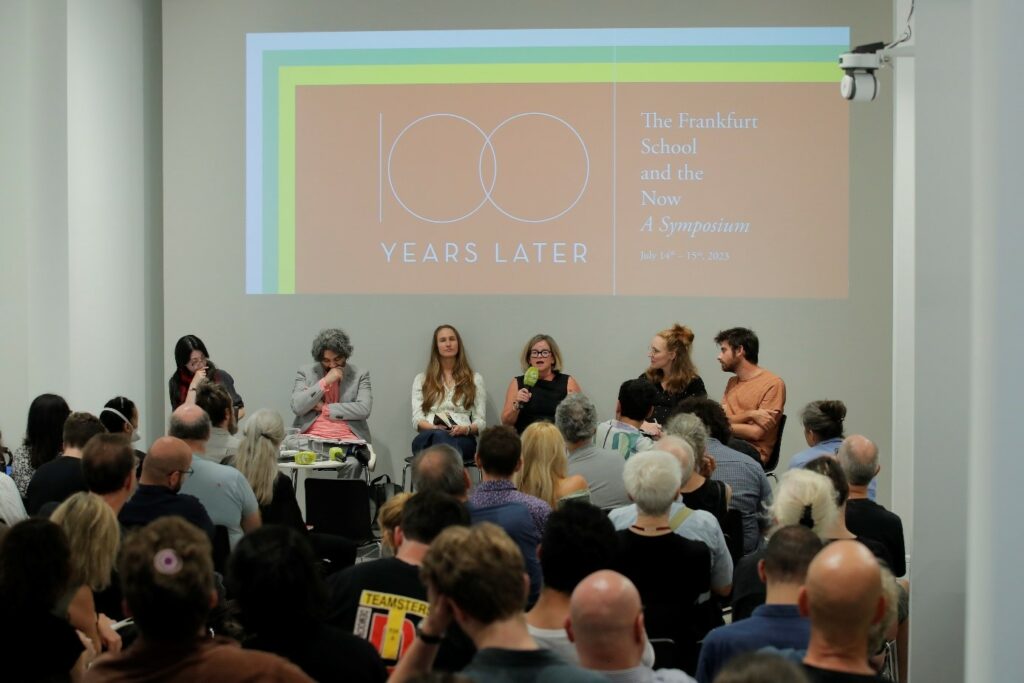
Benhabib traces the path of Frankfurt School’s history of ideas, from Kant to Hegel to Marx, all of whom, in different ways, harbored criticisms of reason. Critical theory brings together a Kantian critique of reason with social critique, she says with a critique of a view on social sciences that behaves as a doctrine, seeing the world as a relation of facts rather than a product of human actions. “The task of critical theory is to assert the capacity of human beings to transform a social reality that they themselves can also have created”, Benhabib says.
This approach of Frankfurt School will come up often during the two days of the symposium, which is not for academics only. Therefore speakers were always trying to explain the Frankfurt School’s Ideas and Marxist roots with accessible and easy-to-understand language. Terms like positivity and negativity appear here not only around the so-called positivism controversy around whether social reality can be represented in value-judgment-free facts or is socially constructed. But also in thoughts on evaluating the future as positive or negative, as optimistic or pessimistic. Criticism of the exploitation and fetishization of critical theory is therefore always present on the panels.
Celebrating Frankfurt School’s Pessimist and Anti-Solutionist Attitude
The fundamental attitude of critical theory, Brooklyn Institute Director Chaudhary argues, is the resistance also to a kind of positivity with its “idea, that any critique must be silenced or should not be honored, if it doesn’t provide a solution, a nice answer, a Ted-talk with three, four takeaways.” An approach that Aaron Benanav, Assistant Professor of Sociology at Maxwell School of Citizenship and Public Affairs, calls “a fetishistic view” on critical theory, in the Marxist sense of a commodity and quasi-religious. Or, as his colleague William Paris from Toronto University later said: “I think some people have run together too quickly theory and praxis and thus think, whatever critical theory they write, has to also be something they imagine will be popular for whoever they imagine a normal person living in Peoira, Illinois, will like.”
Benanav sees two (left) tendencies of dealing with grievances in today’s social world: in the one, knowledge leads to distance from any problems, which prevents action. In the other one, the urge to take action immediately without knowing how to reach the needed results comes together with the hope that critical theory would deliver the perfect plan for how to change the world.
But as Benenav argues, Critical Theory rather allows one “to think and act at the same time.” Thinking about the potentials of actions and understanding their limits – and acting anyway. The pessimism, which is often associated with Critical Theory, for Benanav is an important contra movement to the broad post-war capitalistic optimism and its numbing full-time work, consumption and hobbies, which were always criticized by Adorno, Horkheimer and their contemporaries.
“The Worst of Times? The Frankfurt School and Contemporary Culture” (listen to the podcast here) is dedicated to pessimist-tinged questions and analysis. “The questions the Frankfurt School thinkers were raising, remain startling in their oppression,” Adam Shatz says. “Why do we seem unable to imagine a relationship to nature that isn’t destructive? Is liberalism with its belief in progress and the enlightenment a necessary defense against fascism and other forms of barbarism, or does it help to foster them?” These are just two of a series of questions on the Frankfurt School’s approach, the US editor of The London Review of Books and New York Times Magazine contributor asks.
Frankfurt School from Below: Views on Race and Gender
How do we need to consider thinking and acting 100 years after the founding of Frankfurt School? Who was excluded that should be included today? The Panel “Critical Theory from Below: Race, Gender, and the Frankfurt School” (find the podcast here) gives an idea of underrated fields to discover. Nathan Duford, Assistant Professor of Government at Smith College, is working on Sex and Gender in the Frankfurt School.
People interpreted that Frankfurt School’s way of dealing with the topic in two ways, according to Duford. Either they criticize what critical theory does have to say about it as homophobic or misogynist – (p.e. Adorno’s quote from “Minima Moralia,” homosexuality and totality would belong together) – or they claim that they didn’t have to say much about it at all, which would be the predominant perception.
Duford proves them wrong. “It is deeply strange to me, that a group of people, that took as their project to take the insights of Freud and blend them with the materialism of Marx, has nothing to say about Sex and Gender.” Duford argues that sex is the interpretative framework for critical theory and therefore was not ignored in the writings but interwoven in lots of points they make, especially in regards to subjectivity.
Duford points out Adorno’s and Horkheimer’s critics on patriarchal societies in “Dialectic of englightenment”, illustrated by Shakespeare’s Juliet, would often be misunderstood as their endorsement of it. Horkheimer hasn’t seen patriarchy as natural – in fact, he said women were made weak, “because there is a structured conspiracy against them.” Patriarchy would thrive from a system of threat and protection, and would therefore appear as the “system that protects women from itself” – without being actually protective.
Horkheimer had also developed his theory of authority and authoritarianism as coming from the patriarchal family, same as the motives of profit and power in society. “We get a critic of authoritarianism and capitalism through the critique of patriarchy.” Duford concludes by saying that any of Horkheimer’s and Adorno’s thinking of social-political or economic critiques includes critique of patriarchy. The authoritarian personality, as Adam Shatz says later in the “Worst-of all times” panel, in today’s rise of authoritarians unfortunately doesn’t seem like a laughable archaism of mid-century psychology.
How Dominating Groups Steal Others Time and Future
How to think with Frankfurt School’s help on race and post-colonialism and other way around, William Paris can tell a lot about. The Assistant Professor of Philosophy at the University of Toronto is an expert on African American Political Philosophy and Racial Justice in political thought. His take on the relationship of critical theory and race, which he announces as “slightly polemic”, explains race as a “non-contemporaneous intrusion on the present,” stealing time from a dominating group and “preventing it from sharing some normative future.”
Williams borrows this thought from first generation Frankfurt School thinker Ernst Bloch, who has tried to explain the vulnerability of the working class to fascism and propaganda: people of different classes and areas who were “not existing in the same now”, living in different conditions and with different expectations, lacking of an offer for a shared future. William points out how the experience of a stolen future affects “peoples’ practices, habits, their sense of themselves and their sense of solidarity.”
The last panel of this symposium is dedicated to the future (rewatch it here, starting at 5:25:30). “Critical Theory and the 21st Century” discusses how to think about climate change, class and media today with help of critical theory. It includes Jody Dean, political theorist and professor at Hobart and William Smith Colleges in New York, discussing why we don’t need Critical Theory anymore. The perfect starting point for a fight on this panel, marking the end of two days celebrating the anniversary of a controversial, still contemporary, critical thought tradition. Happy 100th anniversary, Frankfurt School!
About the author: Helke Ellersiek is currently an intern at the Rosa Luxemburg Foundation New York City. The internship is part of her Master’s program in Social Sciences at the Humboldt University in Berlin with focus on political and social theory. She works as a freelance journalist and editor for several media (print, online and broadcast) in Germany.
